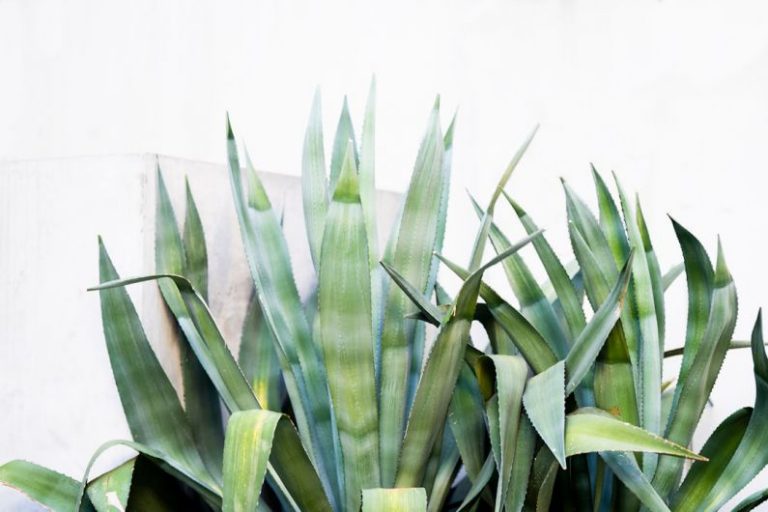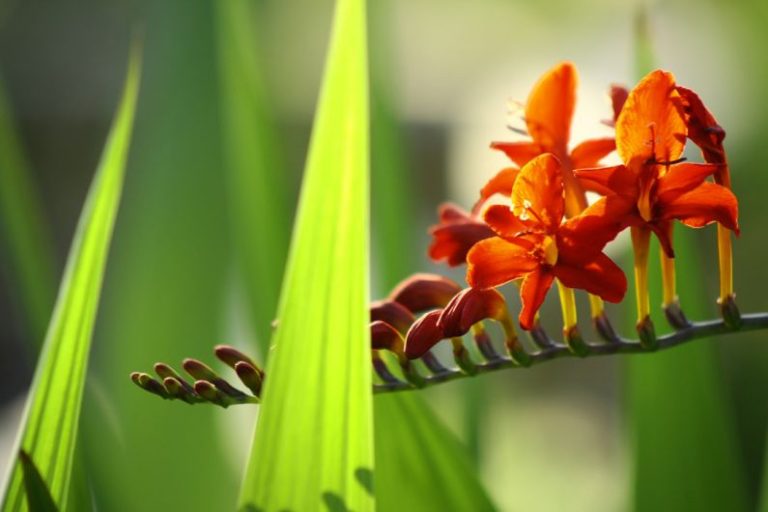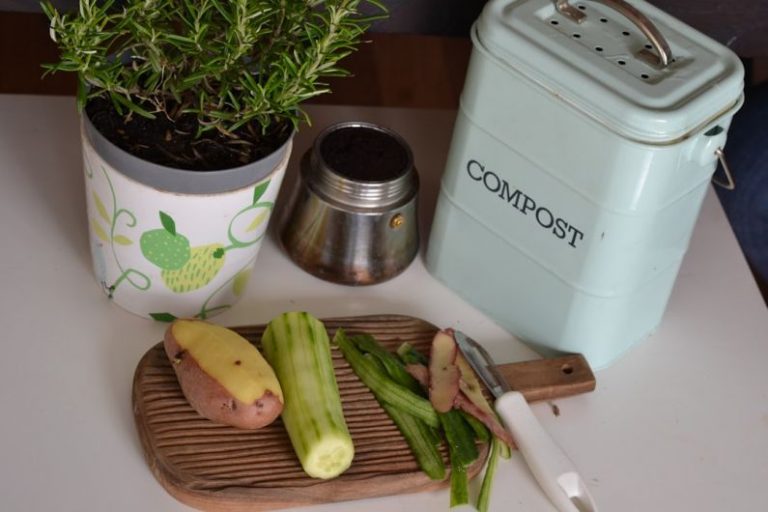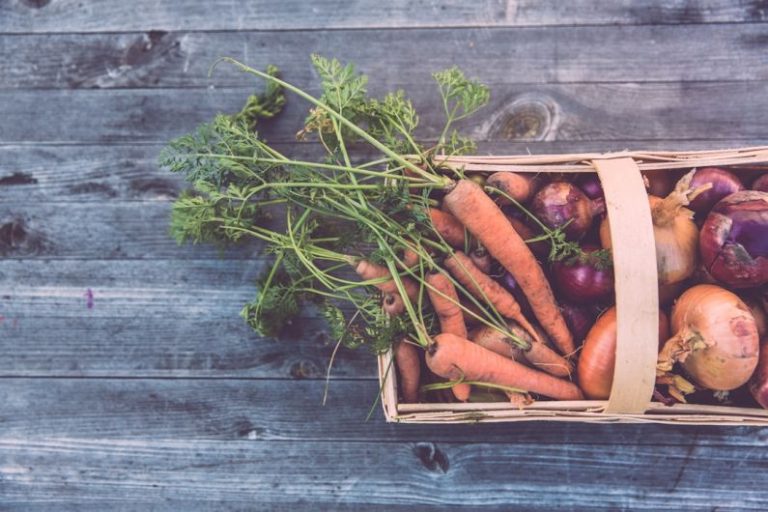Growing Herbs Indoors
**Growing Herbs Indoors**
Fresh herbs are a delightful addition to any dish, infusing meals with vibrant flavors and aromas. While many people believe that growing herbs requires a garden or outdoor space, the truth is that you can easily cultivate a thriving indoor herb garden right in your own home. With a few simple tips and tricks, you can enjoy a bountiful supply of fresh herbs year-round, even if you don’t have access to outdoor space or live in a colder climate.
**Selecting the Right Herbs**
When it comes to growing herbs indoors, choosing the right herbs is key to success. Not all herbs thrive in indoor environments, so it’s essential to select varieties that are well-suited to growing inside. Some of the best herbs for indoor cultivation include basil, mint, parsley, chives, cilantro, and thyme. These herbs are relatively easy to grow, require minimal maintenance, and can flourish in the limited space of an indoor setting.
**Providing Adequate Light**
One of the most important factors to consider when growing herbs indoors is light. Herbs require plenty of sunlight to photosynthesize and grow properly. Ideally, herbs should receive at least six hours of sunlight each day. If your home doesn’t receive sufficient natural light, you can supplement with artificial grow lights to ensure your herbs thrive. Place your herbs near a sunny window or under a grow light to provide them with the light they need to flourish.
**Choosing the Right Containers**
Selecting the right containers for your indoor herb garden is crucial for the health and growth of your plants. Opt for containers that have drainage holes to prevent waterlogging, as herbs do not like to sit in waterlogged soil. Additionally, choose pots that are the appropriate size for the herb you are planting – larger plants will require larger containers to accommodate their root systems. Consider using terracotta pots, which are breathable and help prevent overwatering.
**Watering and Feeding**
Proper watering is essential for the health of your indoor herbs. Overwatering can lead to root rot, while underwatering can cause herbs to wilt and die. Check the soil moisture regularly by inserting your finger into the soil – if it feels dry to the touch, it’s time to water. When watering, ensure that excess water can drain freely from the pot to prevent waterlogging. Additionally, feed your herbs with a balanced fertilizer every few weeks to provide them with the nutrients they need to thrive.
**Harvesting Your Herbs**
One of the joys of growing herbs indoors is the ability to harvest fresh, flavorful herbs whenever you need them. To ensure the continued growth and productivity of your herbs, it’s essential to harvest them correctly. When harvesting, snip the stems just above a set of leaves to encourage new growth. Avoid harvesting more than one-third of the plant at a time to prevent stunting its growth. Regularly harvesting your herbs will not only provide you with a steady supply of fresh herbs but will also help promote bushier, healthier plants.
**Creating a Beautiful and Functional Indoor Herb Garden**
In addition to providing you with a fresh supply of herbs, an indoor herb garden can also serve as a beautiful and functional addition to your home decor. Consider arranging your herb pots on a windowsill, countertop, or shelving unit to create a visually appealing display. Mix and match different herb varieties to add color and texture to your indoor space. Additionally, consider labeling your herb pots with decorative markers to add a personalized touch to your indoor garden.
**In Summary**
Growing herbs indoors is a rewarding and enjoyable endeavor that allows you to enjoy fresh, flavorful herbs year-round. By selecting the right herbs, providing adequate light, choosing the right containers, watering and feeding your herbs properly, and harvesting them correctly, you can create a thriving indoor herb garden that enhances both your culinary creations and your living space. With a little care and attention, you can enjoy the pleasure of growing your own herbs indoors, no matter the season or location.






